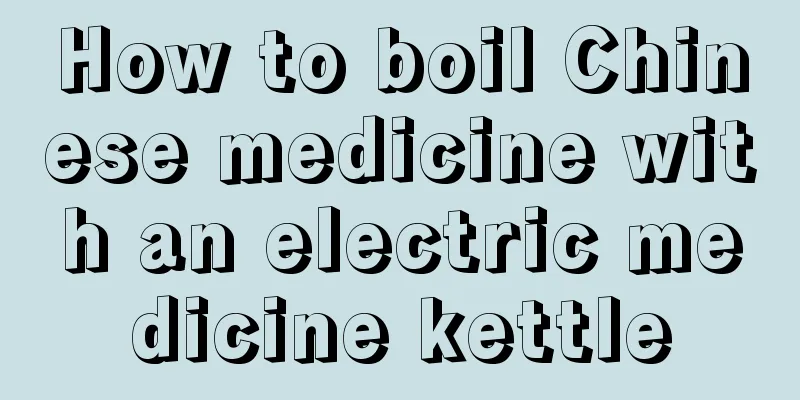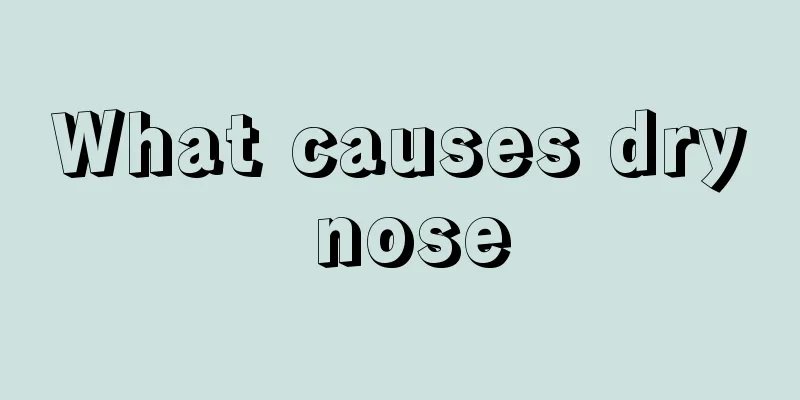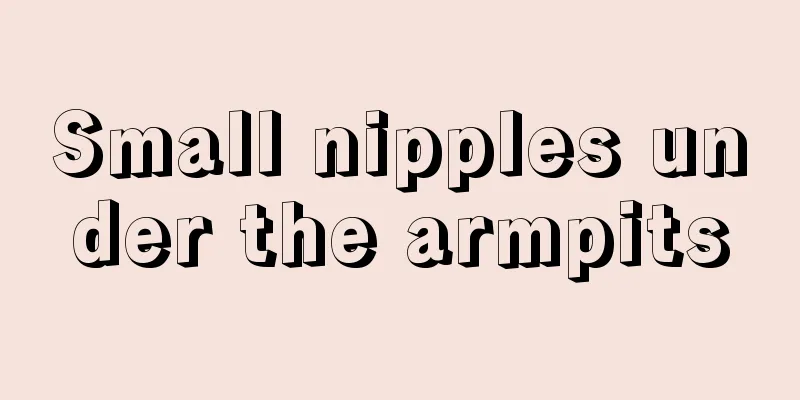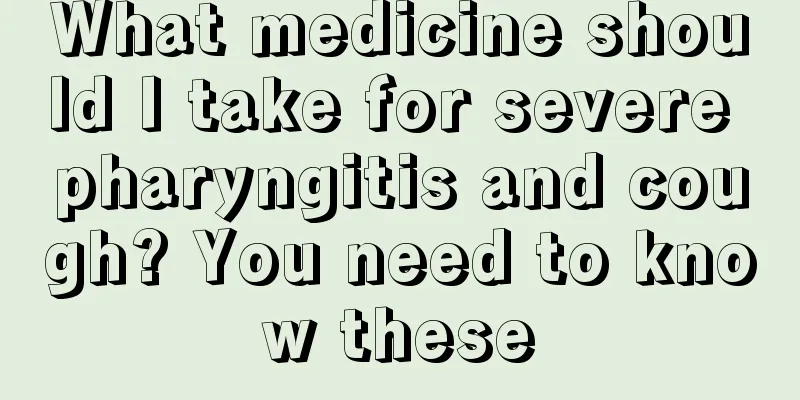How to boil Chinese medicine with an electric medicine kettle

|
With the development of technology, careful people will find that the pots for boiling Chinese medicine have also changed a lot. They are no longer the kind of pots that are placed on the fire. A more convenient form is the electric pot. But how to boil Chinese medicine with an electric medicine pot? When using such a pot, you need to pay attention to the time, which is related to the amount of water put in. Generally, such a pot has an automatic power-off function. Another point is to ensure that it is sealed to prevent the drug efficacy from being lost. 1. How to use electric medicine pot to boil Chinese medicine The electric medicine kettle can be used to decoct Chinese medicine. However, it is best to use ceramic casseroles and sand pots when decocting medicines, because their main component is silicate, which has stable chemical properties, is not easy to react chemically with the drug ingredients, and has slow heat transfer. The water in the pot is not easy to evaporate when decocting medicines, and can dissolve the active ingredients in the medicine well, so that the decocted medicine liquid maintains the original composition and efficacy. If you don't have a casserole or sand pot at home, you can choose white enamelware or a stainless steel pot as a second choice. Stainless steel pots transfer heat too quickly, so you need to stir the medicine frequently when decocting it, otherwise the pot is likely to get stuck. When decocting medicine, try not to use metal utensils such as iron, copper, and aluminum, because iron, copper, and aluminum are active elements that can easily react with the various chemical components in traditional Chinese medicine, reducing its efficacy and even producing toxic side effects. 2. Do I need to cover the lid when decocting Chinese medicine? In order to make sure that Chinese medicine slices are boiled thoroughly and the effective ingredients in the medicine are fully decocted, it is better to cover the decocting area. Especially when the decocted medicine contains ingredients that can evaporate with water vapor, such as mint, patchouli, amomum, etc., it is best to cover the decoction. This allows water vapor containing volatile components of the medicine to condense inside the cover and turn into water droplets that drip back into the medicine jar, thereby reducing the loss of active ingredients in the medicine. For most roots, seeds or animal medicines with solid texture, such as ginseng, astragalus, polygonatum, ophiopogon, schisandra, gecko, dragon bone, etc., they should also be covered when decocted. This can allow more effective ingredients of the medicine to be decocted out within a limited time, thereby improving the efficacy of the medicine. For those Chinese medicinal materials with loose texture and large volume, such as loofah, scutellaria baicalensis, chrysanthemum, mulberry leaf, etc., they should not be covered during decoction because the medicinal liquid is easy to overflow, and they should be stirred at any time to ensure that it is evenly decocted. 3. Do I need to wash the Chinese medicine with water before decocting it? Medicinal materials are not vegetables, so they do not need to be rinsed before boiling. In fact, Chinese medicinal materials generally do not need to be washed. If you feel that there is mud and sand and it is not clean, you can rinse it quickly with water, commonly known as "rush water washing", instead of washing it repeatedly. 3.1. Some medicinal materials cannot be washed. Medicinal materials cannot be washed, especially some traditional Chinese medicines. Any washing will affect the efficacy. For example, Chinese medicinal herbs such as mint and houttuynia cordata are prone to losing their effective ingredients when soaked or washed. 3.2. Washing with water may cause the loss of powdered medicinal materials. Many traditional Chinese medicines are in powder form, such as pollen, stove core soil, talcum powder, etc. If washed with water, these medicines will be lost. 3.3. Washing with water may cause the loss of some medicinal materials and auxiliary materials. Some medicinal materials are added with auxiliary materials such as honey, wine, and bile during the processing process. These auxiliary materials are easily soluble in water. If they are washed with water, some of the auxiliary materials will be lost. Such as roasted licorice, arisaema, and wine-processed rhubarb. The correct way to decoct Chinese medicine 1. Water for decoction: Generally, unpolluted tap water can be used. Avoid using repeatedly boiled water or overnight water to decoct Chinese medicine. 2. Amount of water added: The empirical amount of water added is 3 to 5 cm above the surface of the medicine; the theoretical calculation is to add 10 mL of water for every 1 g of Chinese medicine, 70% of the total water is used for the first decoction, and the remaining 30% is used for the second decoction. 3. Fire for decoction and boiling: Generally, you should follow the principle of "high fire first, then low fire", that is, use high fire before boiling to make the water boil quickly, and use low fire after boiling to keep it slightly boiling to reduce water evaporation. 4. Decoction time: The decoction time is calculated from boiling. Generally, the first decoction of antipyretic drugs takes 10 to 15 minutes, and the second decoction takes 10 minutes; the first decoction of tonic drugs takes 30 to 40 minutes, and the second decoction takes 25 to 30 minutes. 5. Number of decoctions: Generally, 2 to 3 decoctions are enough to extract 80% to 90% of the ingredients in the Chinese medicine. After decoction, filter out the decoction in time, mix the decoction each time and take it in several doses. The thicker the Chinese medicine is, the better it is. Correct decocting of the medicine can achieve a better concentration to ensure effectiveness and safety. When decocting medicine, the water level should generally be 2 to 5 centimeters higher than the medicine. If there are loose-textured medicines such as flowers and plants, it is recommended to add a little more water when decocting. Most Chinese medicines are boiled over high heat and then simmered over low heat for 20 minutes. Except for tonic medicines which take a little longer to boil, most Chinese medicines do not require concentrated boiling. Especially for antipyretic, heat-clearing and aromatic drugs, the decocting time should be shorter, such as antipyretic drugs such as ephedra and cinnamon twig, heat-clearing drugs such as honeysuckle and chrysanthemum, and aromatic drugs such as amomum and agarwood. People who catch a cold usually need to relieve the cold and the decocting time of the medicine should not be too long; for those who need to regulate qi deficiency, the tonic medicine needs to be decocted in a concentrated manner. The specific degree of decoction and the amount to be used should be determined by a Chinese medicine practitioner based on the patient's condition. Do not increase the dosage or extend the decoction time without authorization. |
<<: My husband got pregnant while taking Chinese medicine
>>: Effective methods to shorten the labor process
Recommend
Is it better to brush your teeth before or after meals?
Teeth are a very important part of the human body...
How to squeeze pimples without leaving scars
I believe that when many people see a pimple on t...
What are the effects of cod liver oil pills?
People need to continuously take in the trace ele...
What's going on when I feel chest tightness, shortness of breath, and heart pain?
If you often feel chest tightness, shortness of b...
How long does it take to retrieve eggs after ovulation stimulation? How many days after ovulation stimulation can I retrieve eggs?
With the development of society, in vitro fertili...
Do pregnant women need to stay away from people with liver cancer?
Having liver cancer itself is a painful thing, bu...
Physiological mechanism of spinal anesthesia
Many of us have had problems with our spinal cana...
Can breast cancer patients eat sauerkraut?
After suffering from breast cancer, you need to p...
What is the cause of the red papules
As the weather gradually gets warmer, there are m...
Can neurosis be inherited?
If a father or mother has a mental illness, will ...
What causes thickening of toenails? It turns out to be this
What causes thickened toenails? This problem has ...
Can viral hepatitis be cured?
Viral hepatitis is caused by many types of viral ...
The best treatment for molluscum
Molluscum is an infectious disease that children ...
What should I do if I have a headache after riding in a car?
Nowadays, people cannot go out without cars. Almo...
How to take care of uterine cancer after surgery? Does female uterine cancer have to be removed for treatment?
Uterine cancer is one of the health killers of wo...









